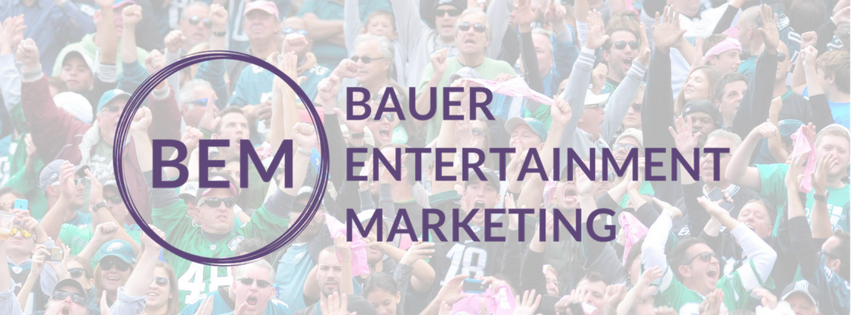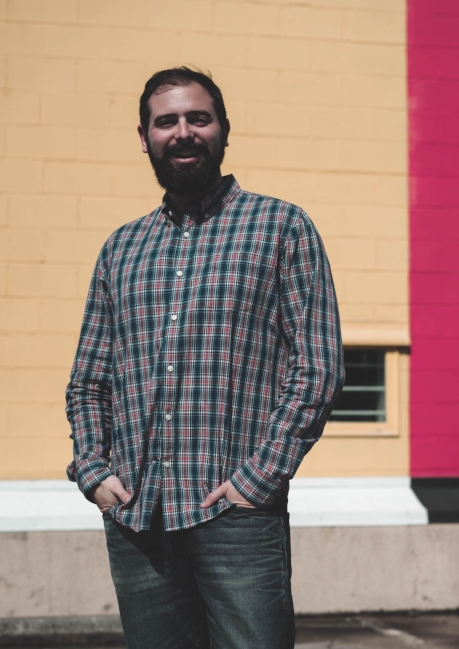Brian Bauer
Marketing Mentor & Musician
Professional and knowledgable, Brian Bauer built his own booming entertainment marketing business from the ground up.
Marketing Mentor Brian Bauer was drawn to Nashville by an innate desire to play music in Nashville.
After working in New York City for nearly 8 years, Brian made the big move to Music City and joined a marketing agency, where he eventually became Agency Director. Today, Brian runs his own entertainment marketing company, Bauer Entertainment Marketing, which he built from the ground up. His business, love for music, and wife and two sons keep him rooted in Nashville.
Introduction to Music: Brian was born into it. He’s a third-generation drummer. Also, his mom was a piano teacher. As a kid, Brian would hang in the basement while his dad played with his bands; he would sit in the sounds and soak all of it in.
Music Influences: Growing up in Chicago, there was a prominent blues presence in which Brian would partake, going to blues festivals and blues bars. The Rolling Stones are an influence for sure. Also, Brian’s first CD he purchased was Green Day’s Dookie.
Instruments: Brian tried piano lessons from his mom, but changed his focus to drums at age 10. Since then, Brian self-taught himself to play bass and guitar. Brian can “talk the talk” with any musician regardless of instrument or genre.
HOME Membership: Brian discovered HOME through the guys at Root Note, Jason and Jeremy. They all met, connected, and went out to lunch together. Jason and Jeremy said they started working here at HOME, so Brian came by and saw the place at its grand opening. While chatting with Sam and Logan, he saw the need for a marketing mentor. So, Brian joined and jumped right in.
Musicians and music lovers make the world go round.
While Brian was playing music professionally, he realized the need to promote his own shows, music, and bands via digital marketing. Online promotion was very possible to do while on the road. Plus, Brian was able to expand his abilities by providing digital marketing for a variety of other businesses including law firms and insurance brokerages. He capitalized on the popular mantra that “you’re not a real business if you don’t have Facebook.” Brian learned a lot by doing, and he also knew he could expand his abilities and career trajectory by working in an agency. After receiving an offer to work for a live-event marketing company in Nashville, Brian made the move and advanced his career.
Q&A
What’s an example of an entertainment marketing strategy?
We start by taking a data-driven look at the audience. Who do we want to tell our story to? We use a lot of data to dictate that. We look at how they spend their time online and offline, what conversations they’re having, what purchases they’re making, what media they’re consuming, and more. A lot falls into place once you figure out who you’re talking to. You can determine what motivates the audience and how to tap into that motivation.
Once I had a client who ran a major festival, and they believed their audience was post-college guys. So, the image they conveyed with their marketing was bros drinking and partying. But their marketing was not generating engagement and ticket sales. So, we researched their audience and discovered it was actually middle-age females that made up their core fans. This led to a major shift in marketing. Engagement and sales went through the roof after that.
Typically, our client engagements start by analyzing their current marketing approach and identifying ways to be more actionable and clear for existing and potential customers. That’s our specialty: understanding the buyer’s journey and identifying for our clients how their audience finds their products, what they consider before they buy, the steps required to make purchase, and how to get them to stick around.
Through this strategic approach, we find constraints and missed opportunities for our clients that they never would have known.
For instance, I spoke with a theater last week that did not realize their customers couldn’t buy tickets through their site. Unfortunately for them, malware took over and was promoting Viagra ads instead of tickets. A less extreme example is an arena that didn’t know their customers were unable to sign up for their newsletter. Prospects were greeted with a “page not found” when trying to register.
Regardless of size or stage of business, there are always opportunities to improve communications if you’re not looking through eyes of the buyer.
Are there similarities between marketing for sports and marketing for music?
Absolutely. Both sports and music share a common core - entertainment. Both want more fans, sales, and profit.
Sports events are now very similar to music festivals. There’s a real natural intersection between the two. While marketing motorsports events, I worked with Kid Rock, Luke Bryan, Kanye West, and Pretty Lights. Nearly all major sports events involve some aspect of music.
I recently ran a campaign for a hip-hop artist promoting their single. The music fit well with the JumboTron during games. So, we arranged to have the single played in 30 different arenas throughout North America, including Madison Square Garden and STAPLES Center.
The biggest difference between music and sports is in the scope of their “creativity.” Music can go anywhere; there are no rules. With sports, however, there are constraints — losers, winners, clocks, lines, finality. So, we use music to push those constraints and maximize the entertainment value of sports events.
Music can go anywhere; there are no rules.
There’s an amazing display of skill in both sports and music that is very compelling, but in different ways. One is more physical than another, but they’re both very inspiring.
Is giving 3 free “growth ideas” part of your business marketing strategy?
Yes, I like to offer something of value to a prospective client whether I end up working with them or not. A great way to help them succeed - and demonstrate the value I can add - is to put something on the table with no risk or cost. I’m not just saying “let’s work together,” but I’m offering them something valuable for free.
Final Thoughts:
Brian’s work mentality is to make it or break it. Do your homework, make tough decisions, then go all in for what you believe is right.
Links
https://www.instagram.com/bauerentmktg/
Written and interviewed by Andra Ingram



